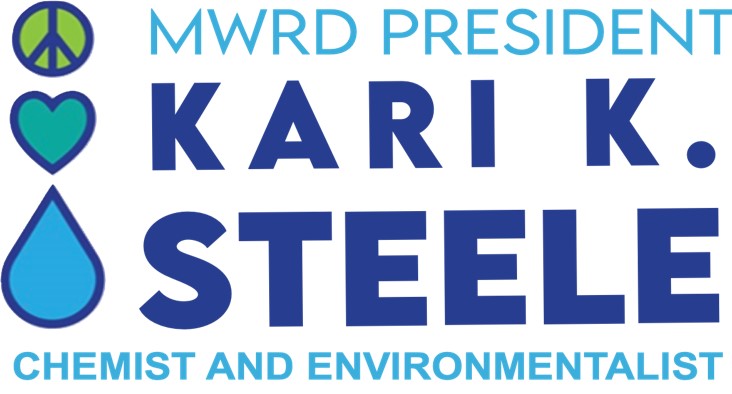| Metropolitan Water Reclamation District did all it could to deal with record-breaking rains.
Metropolitan Water Reclamation District did all it could to deal with record-breaking rains.
Source: Chicago Sun-Times, 7/6/23
The Metropolitan Water Reclamation District of Greater Chicago monitors the weather daily. We prepare for extreme rain events by capturing as much water as possible to reduce stormwater damage. This involves making sure our tunnel system and reservoirs are empty and our treatment plants are fully operational.
We were well-prepared for the record-breaking storm on July 2. The unpredicted storm became more extreme and hovered over certain areas. The rainfall for some Cook County areas was four inches, and others over eight inches in a few hours. There was simply too much stormwater in a short amount of time, and to convey that amount of water to the MWRD reservoir was like trying to drain a swimming pool with a straw.
Our treatment plants were operating at maximum capacity, pumping in as much water as fast as possible. Our McCook reservoir filled up to capacity in a few hours (4.8 billion gallons of water). The MWRD collected over 6 billion gallons of water across Cook County, which could have ended up in unwanted places.
This is a decision that we do not take lightly because when we open the locks, we are redirecting stormwater into Lake Michigan — our drinking water source. We have seven treatment plants across Cook County to service all of Cook County, and they all were operating at their maximum capacity.
Throughout the year, MWRD educates the public about water conservation and overflow action days. We lobby for improving local infrastructure and stress the importance of green and gray infrastructure. We have 85 active stormwater projects across Cook County and constantly request federal funds to do more.
Climate change is real, and the effects are unpredictable. Without the essential work of the MWRD, rainstorm outcomes could be catastrophic.
I support a state of emergency for the communities that were hit the hardest and are experiencing the devastation of water invading their homes. The MWRD will continue to advocate on behalf of Cook County communities to help reduce and eliminate stormwater damage. For additional information, please contact my office at 312-751-5694.
Kari K. Steele, president, Metropolitan Water Reclamation District of Greater Chicago


